Only a couple of weeks after the European Parliament elections, Matteo Salvini—the leader of Italy’s right-wing League party—arrived in Washington for meetings with Vice President Mike Pence and Secretary of State Mike Pompeo.
A few years ago, it would have been unthinkable for the head of the League to get that kind of reception. In 2013, his party won a mere 4% of the vote in national elections. But this time is different: With 34% of the vote in Italy, the League became the largest delegation in the European Parliament. Now, Salvini is not just Italy’s minister of interior and vice prime minister—he’s a strong political figure rehearsing for the possible role of prime minister.
As such, Salvini explicitly expressed his foreign policy views—particularly on issues that affect the U.S.—and distinguishing himself from his key government ally, the Five Star Movement. Salvini tried to reassure Pence and Pompeo over the MoU between Italy and China (initiated by the Five Star-led Ministry of Economic Development), a political document opening the Italian market to Chinese investments and calling for further development of economic relations. He insisted on defending European strategic assets and democratic values from what he called “arrogant” Chinese economic power. On Iran, he fully espoused the Trump administration’s tough approach and stressed the importance of Israel’s defense, while on Venezuela he remarked that if he had been the head of the government, he would have recognized the leadership of Juan Guaidó immediately.
While Italy’s official position on these issues remains unclear, both the League and Five Star seem to strongly prefer bilateral over multilateral relations and disillusionment with international organizations. In the press conference in DC, Salvini strongly criticized the United Nations—which has expressed concern over Italy’s Salvini-backed security decree that aimed to curb migration—questioning its transparency in managing countries’ contributions and threatening salary cuts for U.N. officials. On Russia, he called for establishing collaborative relations and overcoming the sanctions regime—a contradictory message, considering his appeal to Western liberal values in relations with China.
On the European level, instead of finding allies—France, for example—to persuade Germany to agree to loosen fiscal parameters for eurozone countries, Salvini decided to challenge the European Union. He intends to reproduce President Trump’s tax cut model in Italy, despite an economic recession, high public debt, and ultimately a pending infraction procedure by the European Commission. Salvini aims to exploiting the deterioration of relations between the Trump administration and its French and German counterparts. He appears to want to establish himself as Washington’s main interlocutor in Europe, drawing on a sovereigntist and transactional approach to transatlantic relations, in addition to shared socio-political views.
As leader of a far-right conservative party, he has been building ties with conservative circles in the United States. Steve Bannon, former strategist for Trump, supported Salvini’s right-wing populism and is now active in connecting far-right parties in Europe and in the world. For his part, Salvini has developed strong connections with the World Congress of families, the American Christian association promoting conservative ideas on traditional family and denying LGBT or abortion rights. This organization has been holding yearly gatherings in Verona that Salvini has repeatedly endorsed and that has supporters all over Europe and the world.
Overall, it is highly unlikely that political sympathies with Italy would matter more for transatlantic relations than economic, security, and political relations with Germany or France. But a lot will depend on the outcome of the next U.S. presidential elections. For the moment, Rome’s bilateral engagements—and its surfing between great powers, as if Italy were one of them—is highly counterproductive. It creates distrust between European partners that—whether the Italian government wants it or not—are still central to Italian national interests.
So far, Salvini has not been able to unify sovereigntists within the European Parliament into a cohesive front that could potentially undermine the continuation of the European integration project, and perhaps it is not even his immediate priority. Yet, his sudden jump in support—from 17% to 34% in Italy in just one year—suggests that he should be taken seriously. With his well-orchestrated social media and digital campaigns, Salvini is making his message heard and his ambitions are growing higher and higher.
In the meantime, Italy’s international credibility can be compromised, and so can the chance to reform the EU from within, enhance democratic participation, and achieve shared prosperity.
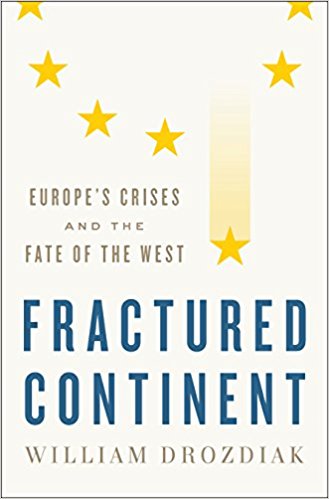
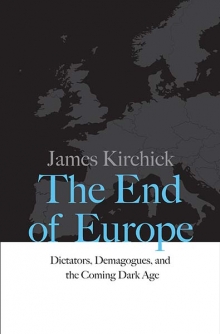

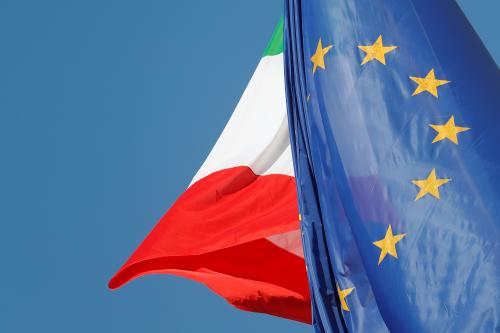
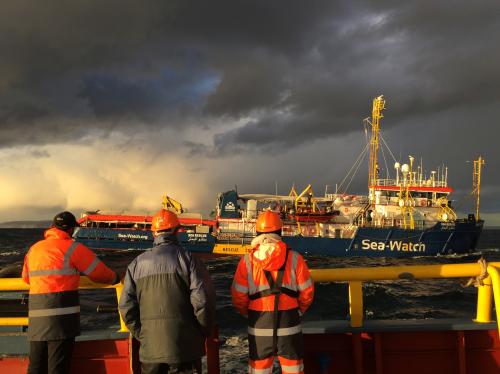

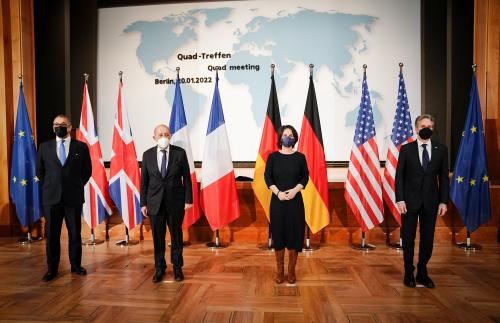
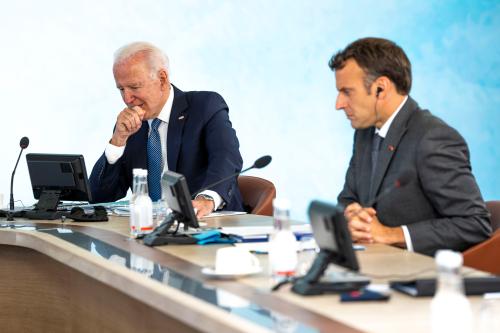

Commentary
Salvini comes to Washington
Is he auditioning for the premiership?
June 19, 2019